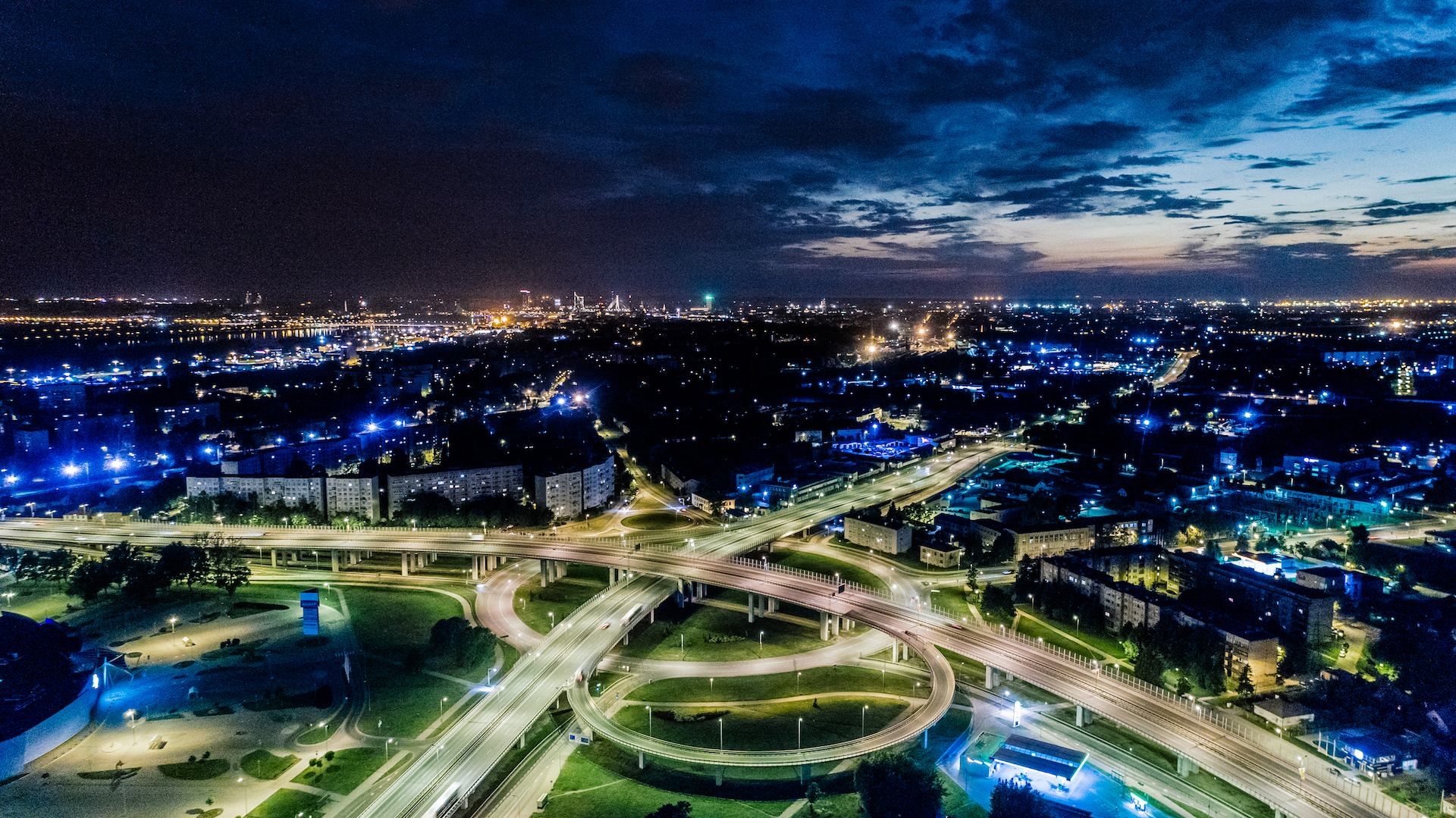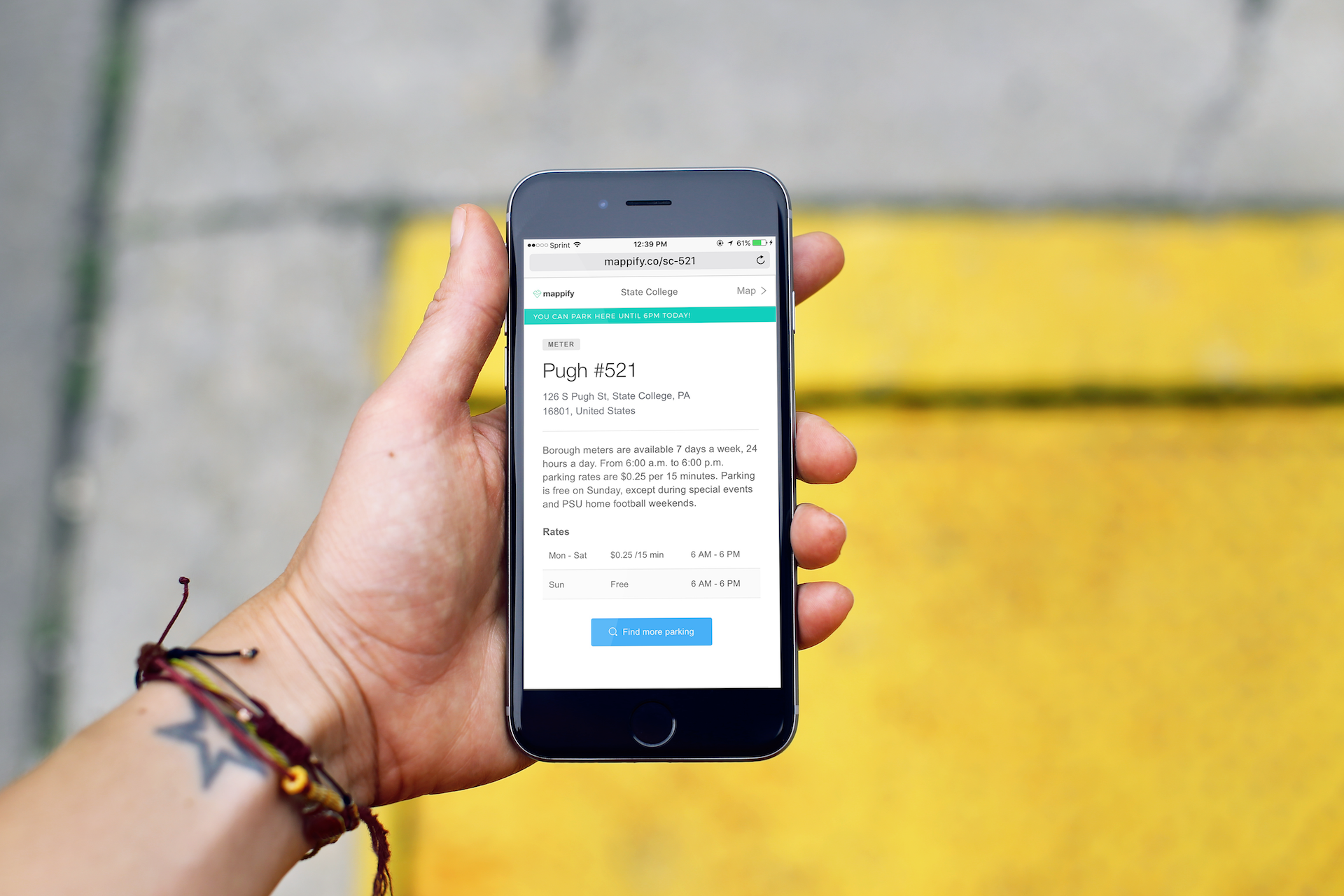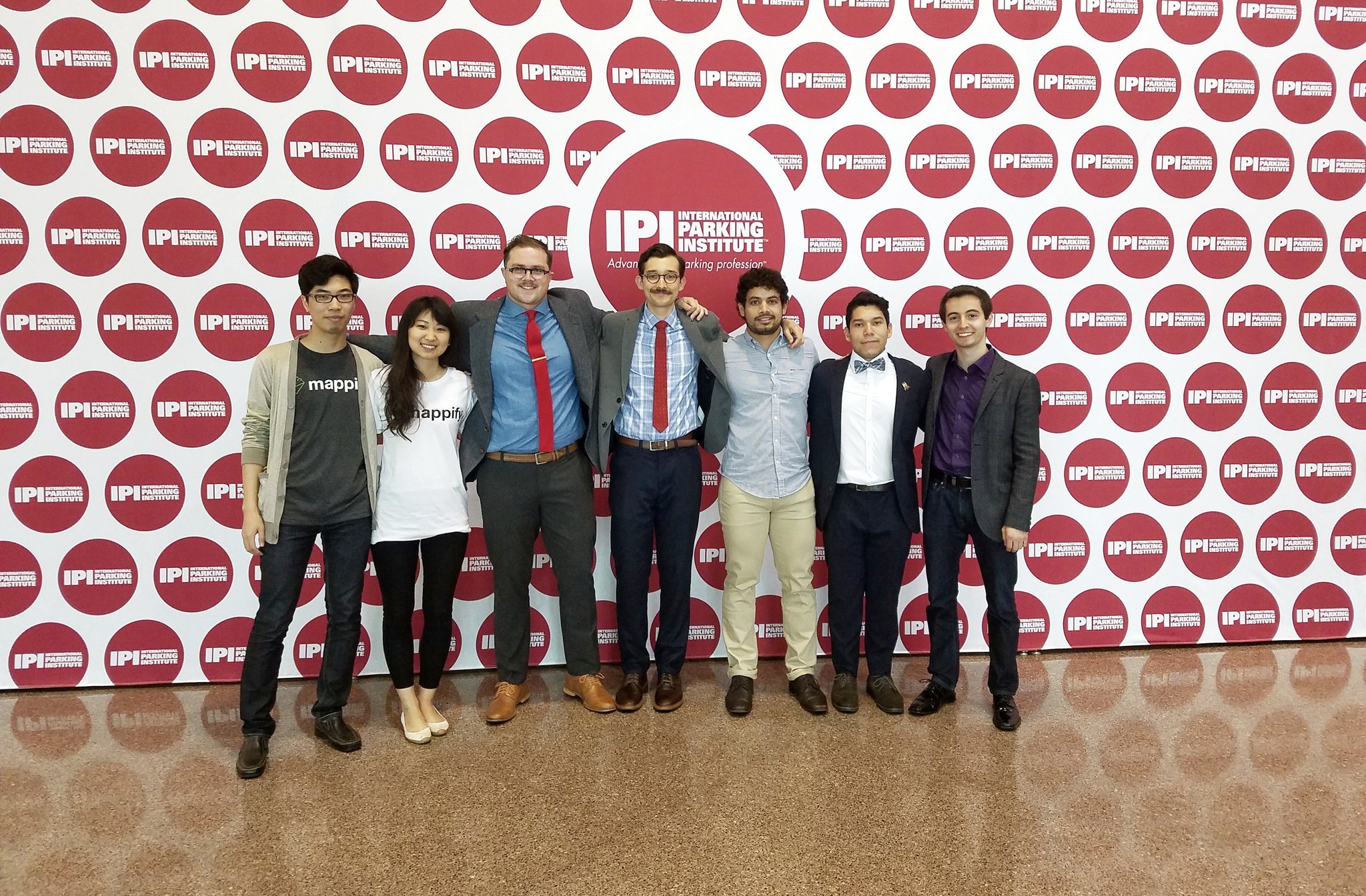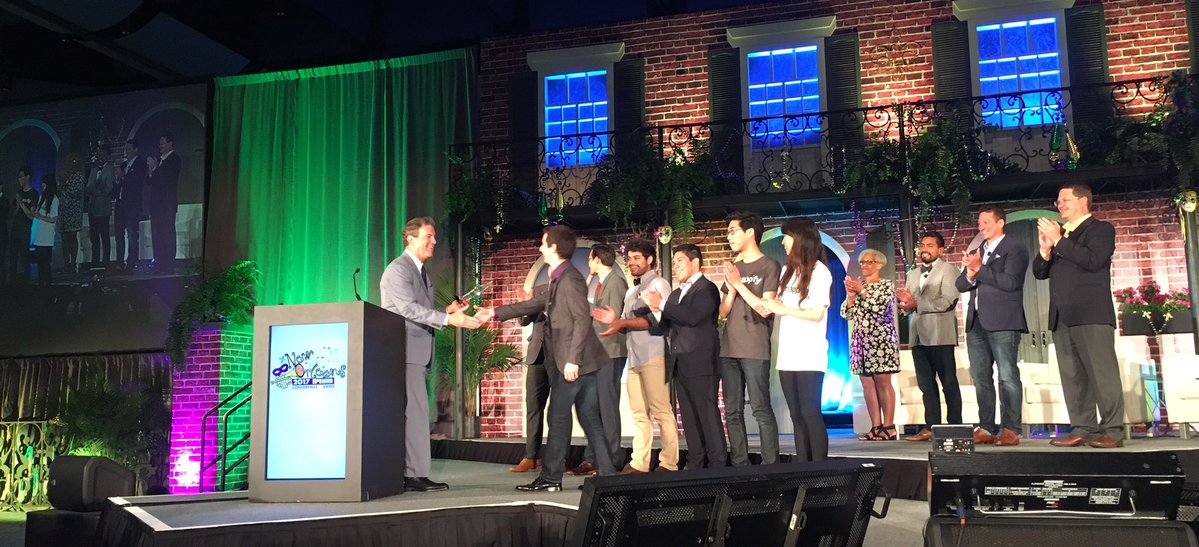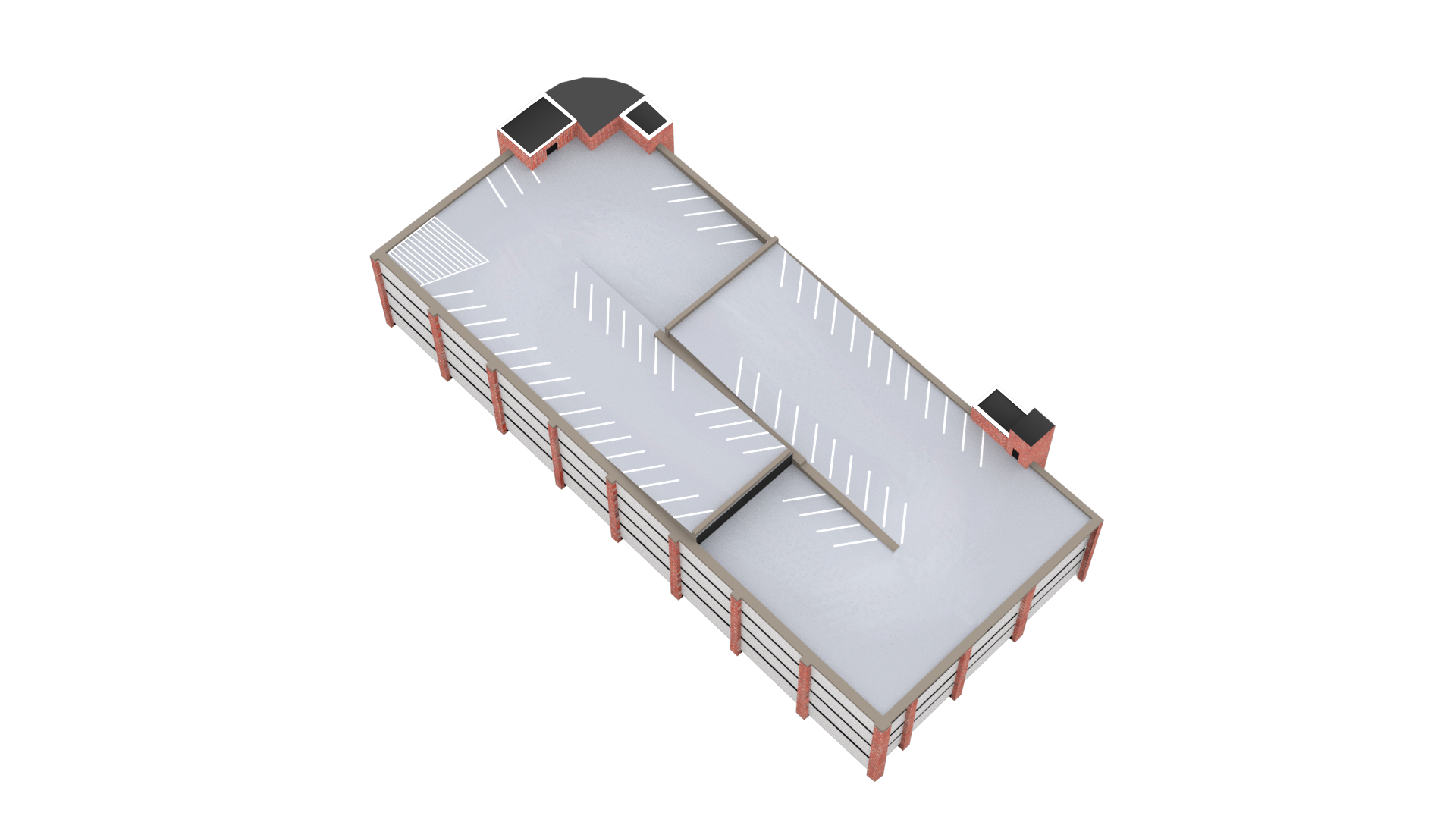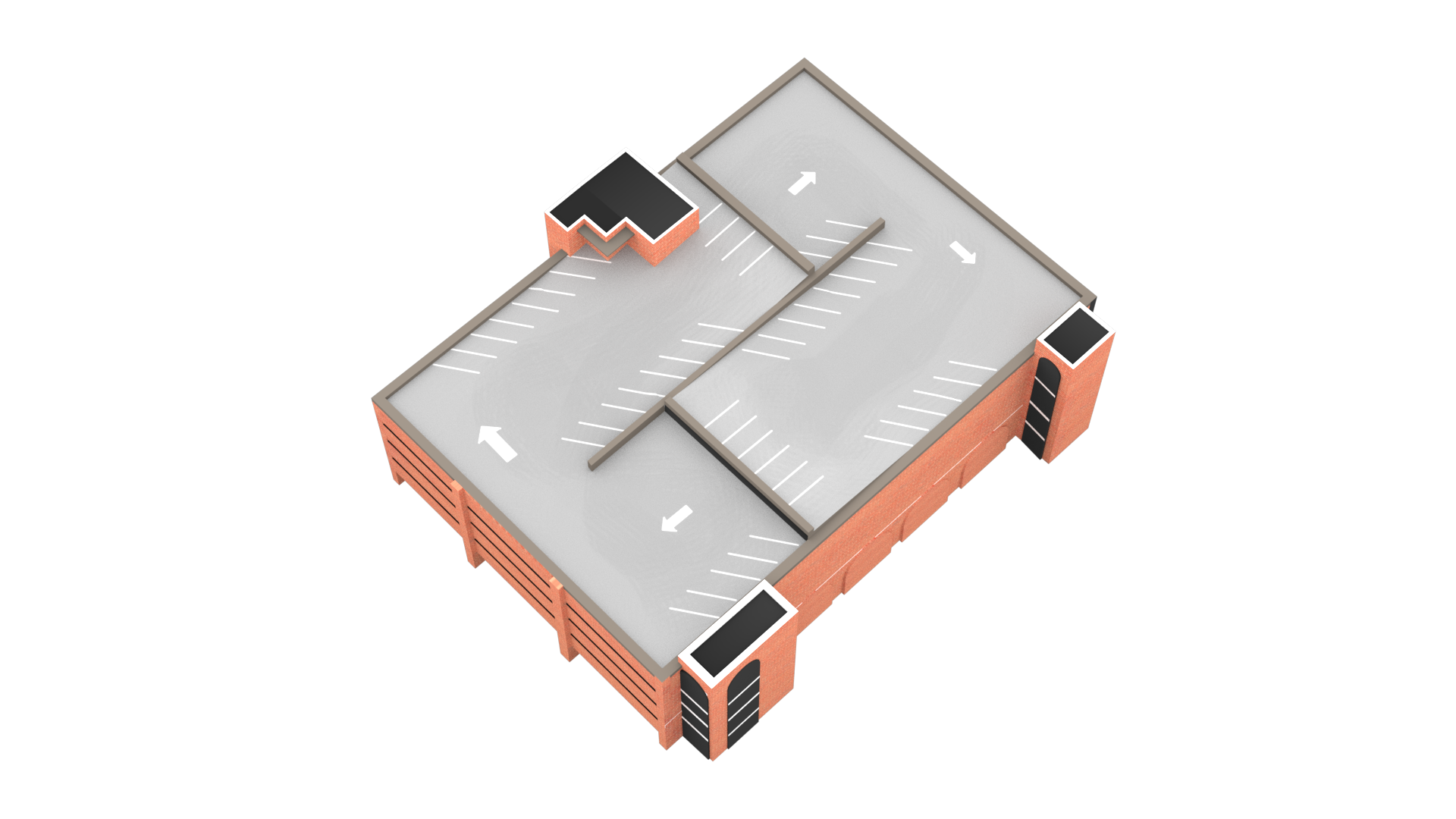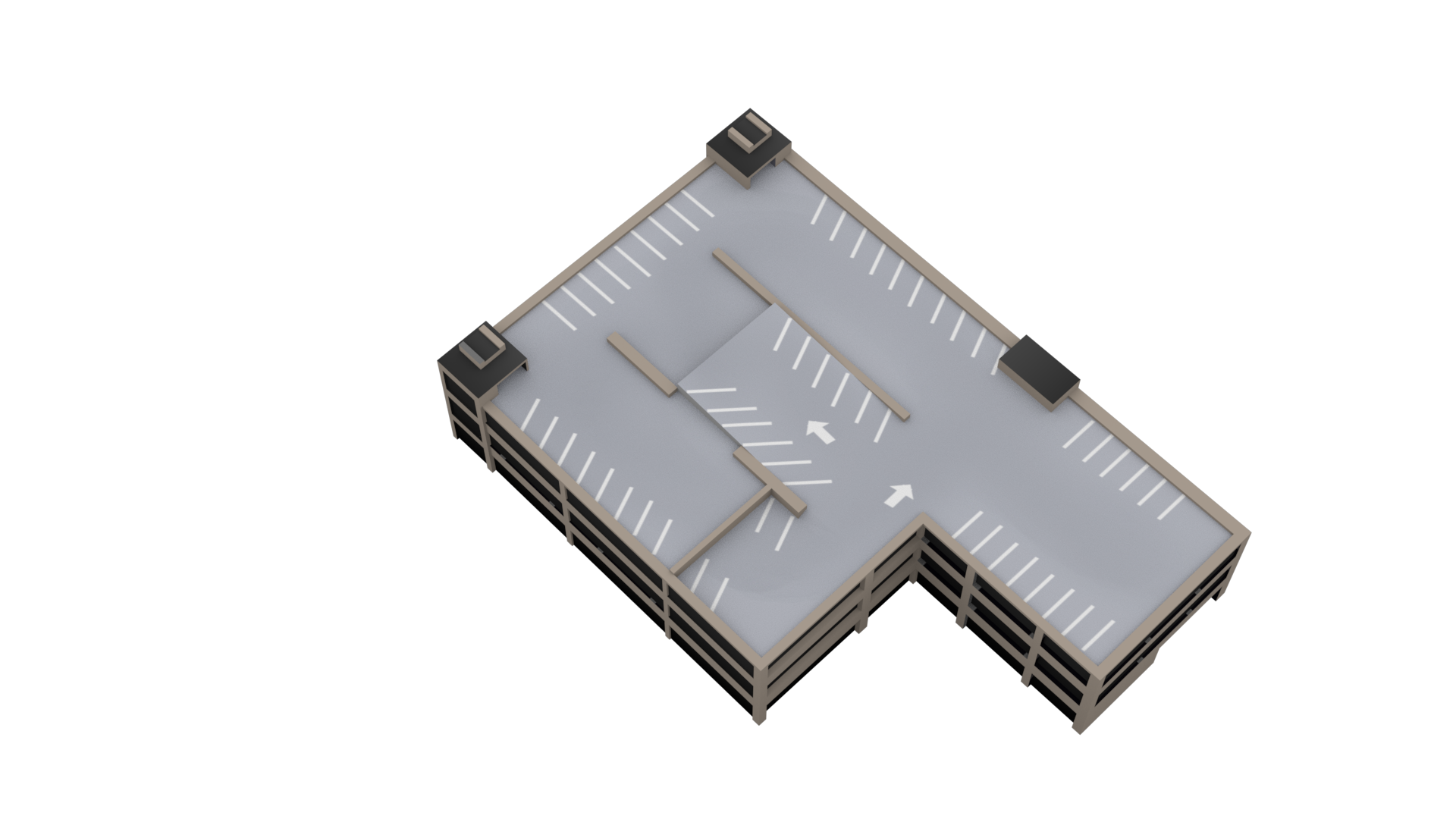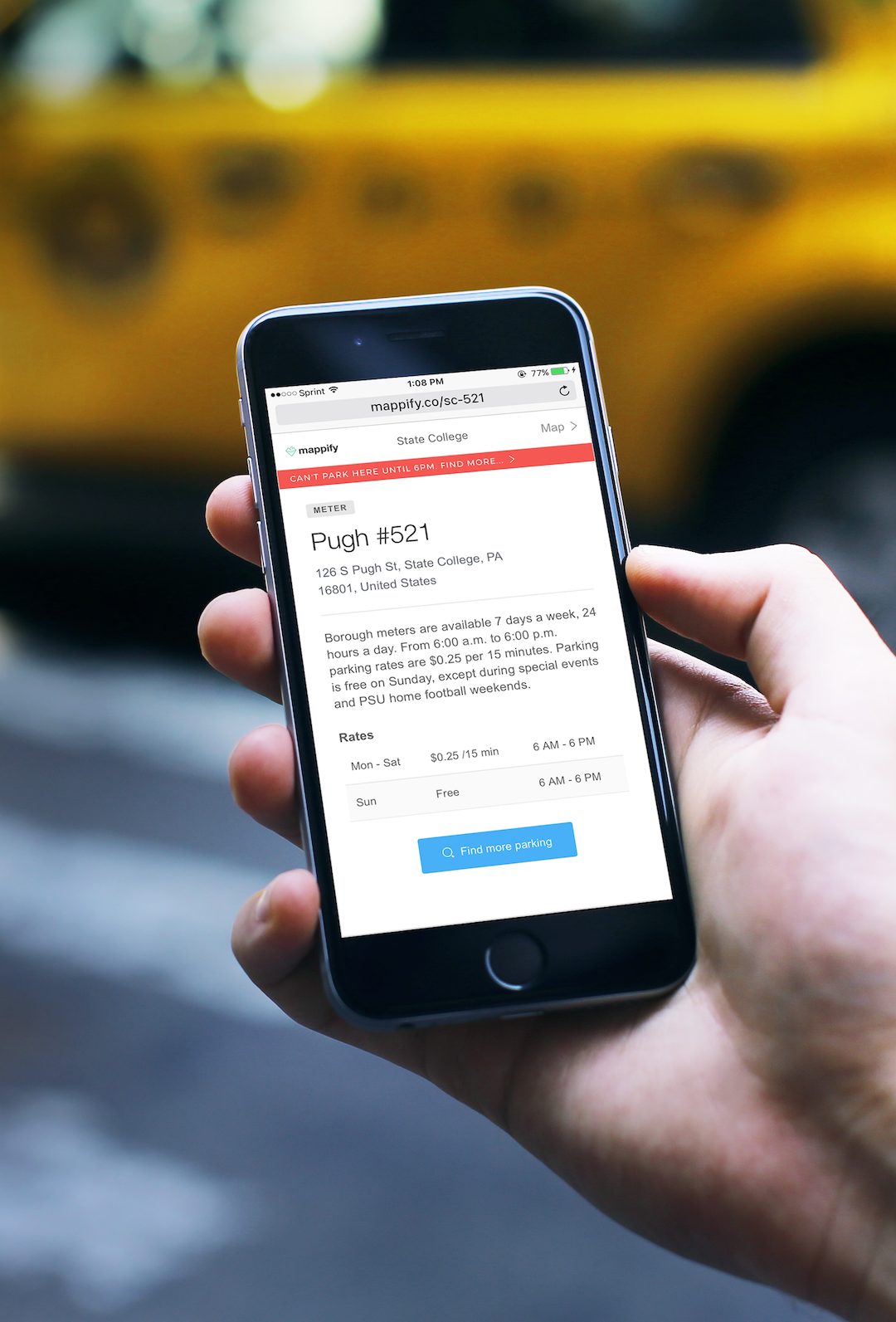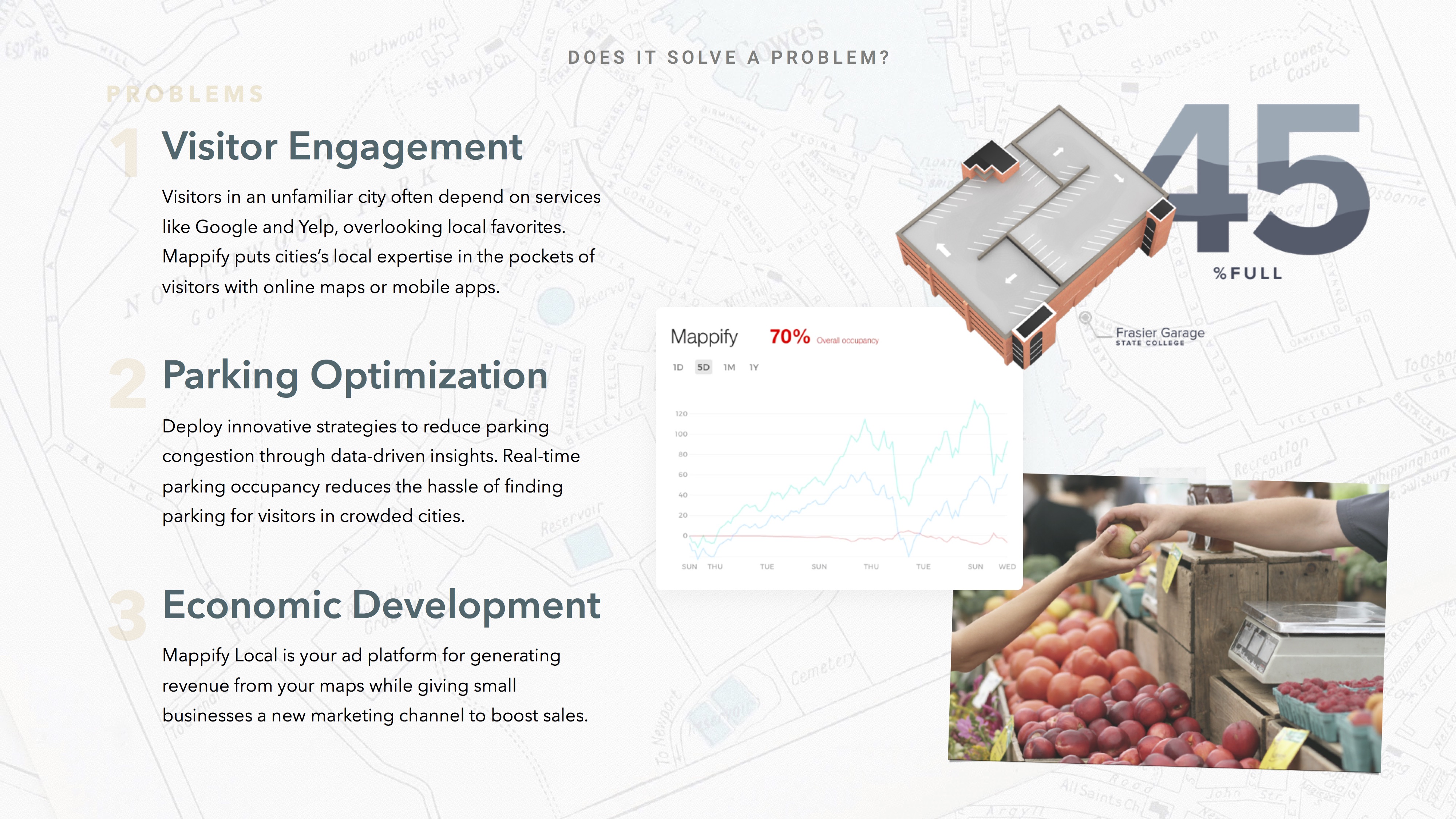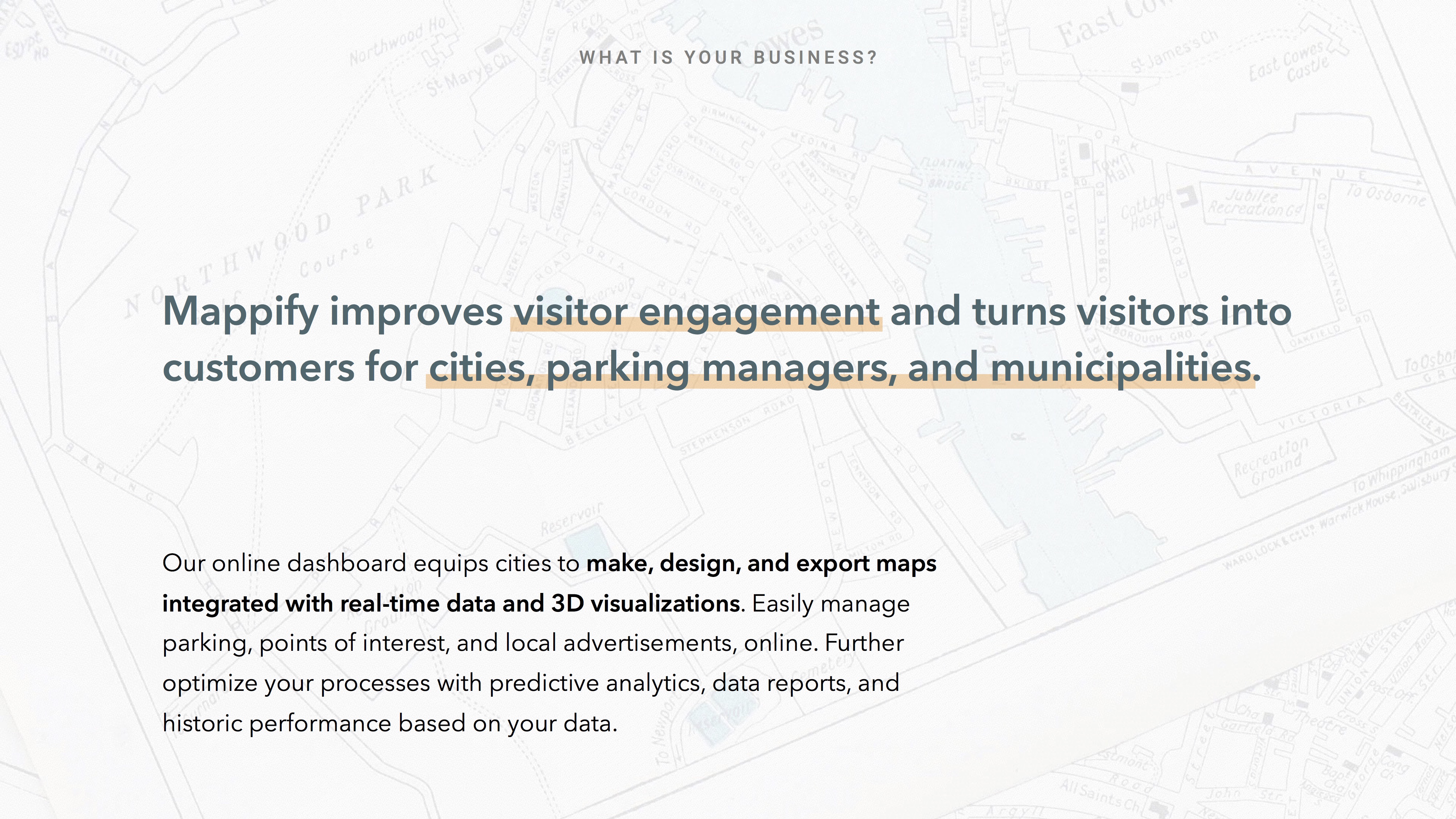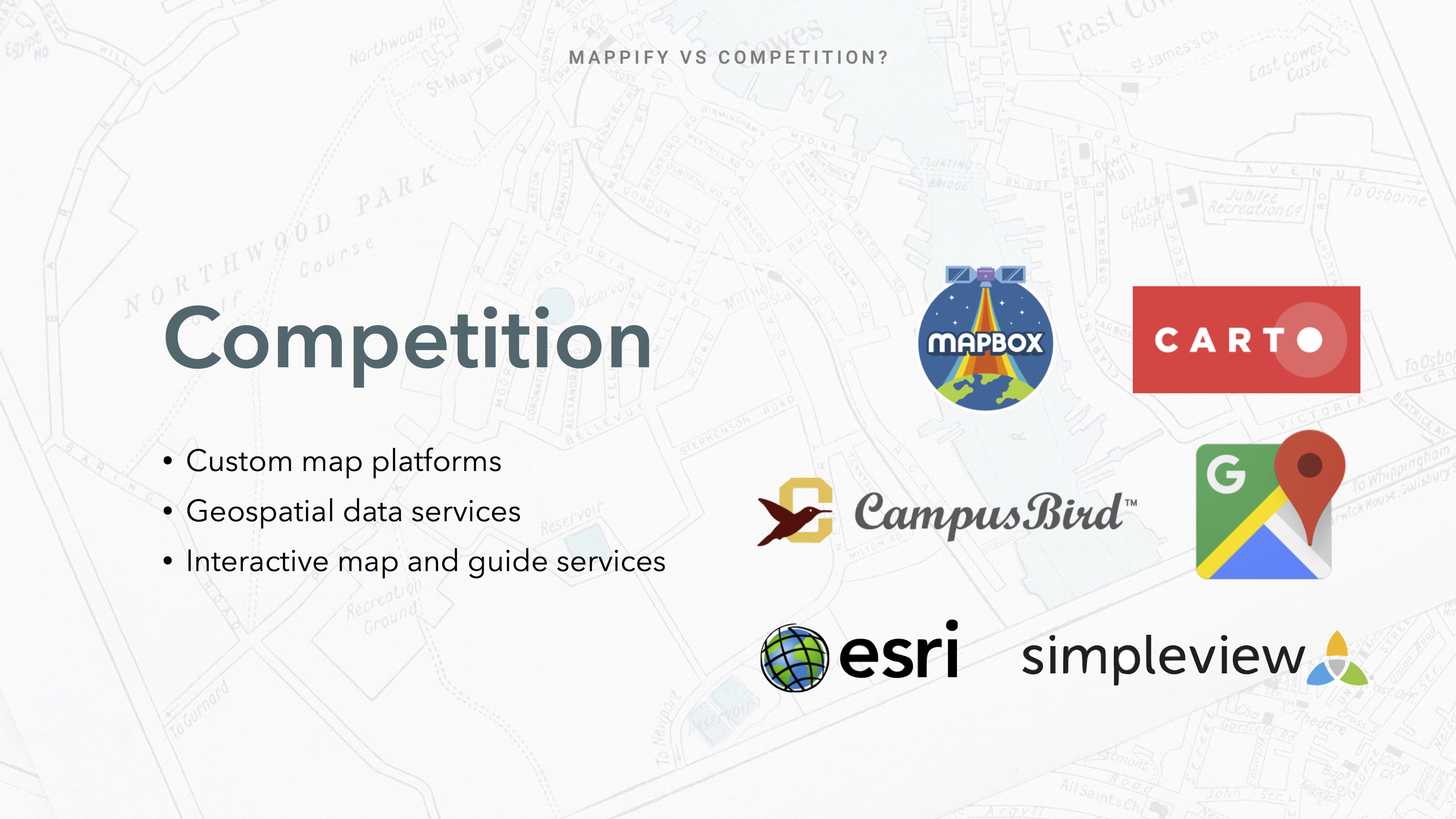
The future of wayfinding
Inspired by the familiar struggle of parking, despite modern tools available, we dived deep into the civic parking industry to fix parking in cities.
Cofounded with partners from previous venture ParkingBee, when we identified an opportunity to help cities rethink parking, technology, and communication. Found great feedback and validation, earning final round interviews with 500 Startups and Techstars Mobility.
My role encompassed design, product, and marketing functions. I'm responsible for most of our front end design on web and mobile, business proposals and pitch decks, and contirbuted heavily to feature planning, road mapping, and overall product strategy. I was joined by 2 technical and 1 business sales cofounder.
Read MoreChallenge
What would the visitor experience be, if we could start from scratch, with the power of design and technology? How do we showcase local expertise, unique landmarks, restaurants, stores, procurement police, cost cutters, organization optimizers— the best that cities have to offer?
The world of parking is accompanied by lots of red tape and instiutional infrastrucute that we had to learn from scratch, but we used our lack of familiarity to our advantage to question the existing systems in place.
Outcome
A CMS for cities and parking managers to upload and manage city data. The partner mobile app is a communication platform, not just a source of information.
A strategic brand—logo, messaging, Power Point templates, signage, website, video and collateral—that not only represents new technology, but can encompass unique cities and localities.
Results
Launched Mappify v1: web CMS dashboard for parking and local business information, and consumer-facing mobile app as primary communication channel for cities.
Sparked a discussion within the parking and civic mobility communities to outline the next generation of wayfinding in cities. Driving, parking, local commerce, tourism – the system that defines the experience of the city.
Presented at Parking Industry Exhibition (PIE) and the International Parking Institute (IPI). Finalist in IPI parking solutions challenge. Published my article in Parking Today. Discussions with industry leaders ParkMobile, Impark, SP+, T2, Smarking (YC15), SpotHero, as well as Ford, General Motors, and Maven. Launched trials in Hoboken, San Antonio, Santa Barbara, and State College.



CORE PROBLEM
1. Parking managers are aware of the disconnect between them and visitors.
Wayfinding is hard.
2. Rising expectations of service, transparency and mobility require better communication.
Exploration
To concretely identify common pain points and translate them into product features that we could present, we leaned heavily on user research. We reached out to 200 cities across the United States to build context and learn how parking works. We were careful to not lead towards particular existing solutions or specific tech requests. Also, Instead we looked for common miscommunication issues.
After an extensive round of context gathering, we regrouped with re-briefed ourseles based on the conversations we had. Some takeaways included:
- Common complaint was needing IT department approval for everything
- Budgets and the public RFP process are absolute factors
- Integrations and partnerships are ideal, but require investment from all parties. Includes between companies and departments.
- There's a wide variety of customer types: public, private, airport, univerisities
We quickly learned that in most cases, the proposed solution by managers was not a direct answer to the fundemental porblems they highlighted. We continued to breakdown our learnings, and began to ideate possible solutions. Iterations included daily calls with managers to get feedback.
Product
For visitors, navigating an unfamiliar city is routinely a stressful, hectic experience. Juggling the tasks of finding parking, hotels, food, and more is only conducive to poor first impressions. So far, staple apps like Yelp, TripAdvisor, and Google Maps fill the gap, although disparately. The mentioned options, as well as others in the market, focus on separate niches, not addressing the overall wayfinding user story that everyone complains about.
Enter Mappify. Positioned as a suite of tools that equipped cities to manage data, apps, and metrics without the overhead of APIs and custom integrations, the team started immediately researching the industry. In comparison to third party apps that automatically aggregate data, Mappify is proud to help cities create and share first party information that is the most accurate possible.
The Result
Mappify is a SAAS startup based in Pennsylvania, helping empower cities with technology to better communicate and interact with visitors. The company collaborates with parking departments and downtown improvement districts to display vital information needed by visitors, such as parking occupancy and availability, to visitors.
It's been a great learning experience diving into parking. It's opened conversations on what mobility in the future looks like, with autonomous cars and parking, and even the business advertising data opportunities. The world is becoming increasingly connected, but civic parking is still very rooted in concrete. Walled garden ecosystems, lack of disruption, and severe lack of new talent has opened up a lot of new opportunities in the space.
Turned this marketing video around in a week, just in time for a tradeshow! Render took 3 hours.



